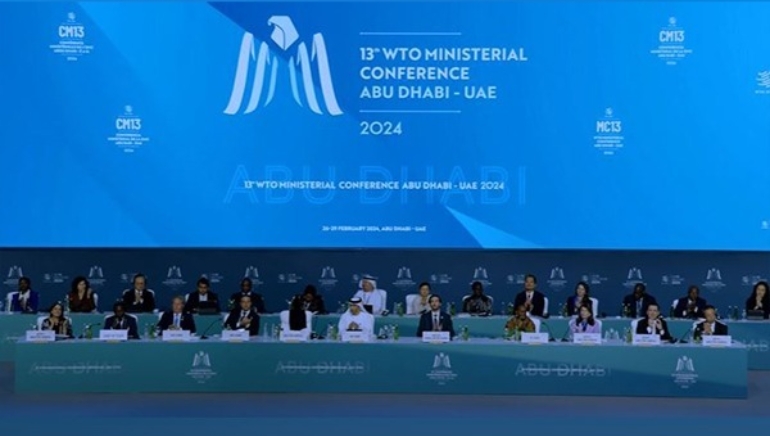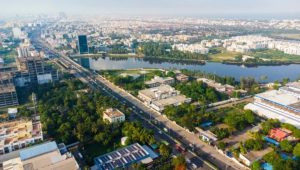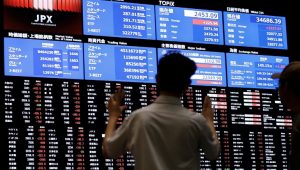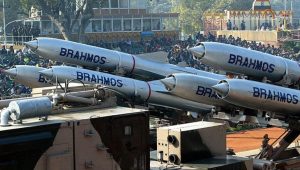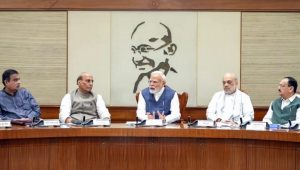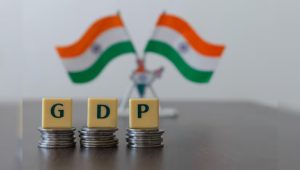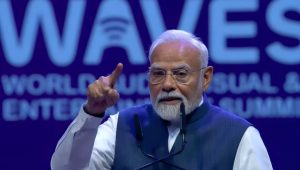On Monday, trade ministers from around the world gathered in Abu Dhabi for a World Trade Organisation (WTO) meeting amidst challenges for global trade. Headed by Ngozi Okonjo-Iweala, the WTO aimed for new commerce rules but downplayed expectations due to geopolitical tensions.
More than three decades into its existence, the esteemed global supervisor is the cornerstone of 75% of global trade, working to create accords by consensus. Okonjo-Iweala urged ministers to intensify negotiations, yet dismissed expectations of a deal on reforming the appeals court.
Concerns arose over India’s absence, while hopes persisted for agreements on fishery subsidies and investment barriers. Two new members, Comoros and East Timor, were set to join, along with potential progress on digital trade tariffs and agricultural rules. India pressed for a permanent waiver of domestic agriculture subsidies.
Ireland’s Minister for Enterprise, Trade and Employment, Simon Coveney, echoed sentiments expressed at the WTO’s 2022 meeting by saying he did not expect major breakthroughs. U.S. Trade Representative Katherine Tai emphasised the need to chart a collective future, not solely focus on several deals. Okonjo-Iweala’s commitment to overtime meetings mirrored her past efforts in Geneva.
European Trade Commissioner Valdis Dombrovskis emphasised the WTO’s significance in a turbulent geopolitical environment with widespread uncertainty.





